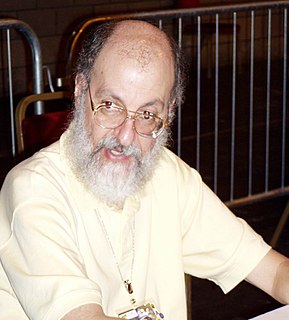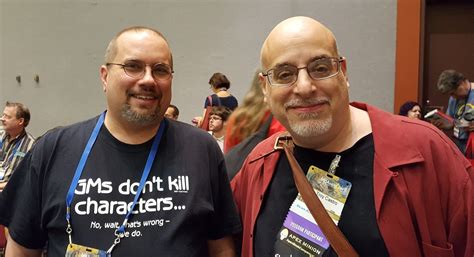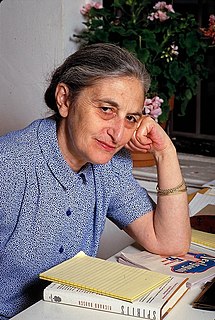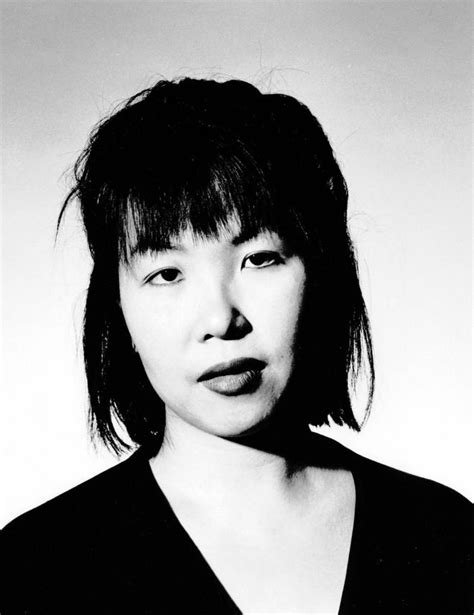A Quote by Jonathan Meades
When I first started writing in my early 20s it was literary criticism for a very eccentric magazine called Books And Bookmen, which allowed me to write, more or less anything.
Related Quotes
I don't have a very high opinion, actually, of the world of criticism - or the practice of criticism. I think I admire art criticism, criticism of painting and sculpture, far more than I do that of say films and books, literary or film criticism. But I don't much like the practice. I think there are an awful lot of bad people in it.
First one gets works of art, then criticism of them, then criticism of the criticism, and, finally, a book on The Literary Situation , a book which tells you all about writers, critics, publishing, paperbacked books, the tendencies of the (literary) time, what sells and how much, what writers wear and drink and want, what their wives wear and drink and want, and so on.
Only idiots or snobs ever really thought less of 'genre books' of course. There are stupid books and there are smart books. There are well-written books and badly written books. There are fun books and boring books. All of these distinctions are vastly more important than the distinction between the literary and the non-literary.
My literary criticism has become less specifically academic. I was really writing literary history in The New Poetic, but my general practice of writing literary criticism is pretty much what it always has been. And there has always been a strong connection between being a writer - I feel as though I know what it feels like inside and I can say I've experienced similar problems and solutions from the inside. And I think that's a great advantage as a critic, because you know what the writer is feeling.
I am a book reviewer. I write for a glossy magazine called 'SCI FI.' The money is not life-changing, but it's a low-stress gig. Publishers send me their books. More than I could possibly read. I pick a few and write about them, put a very few others on the shelf, to be perused at my leisure, someday.
I've published over 100 books - and that is divided about 50/50 adult and young adult. Lately, I have been writing more YA, which is such a great genre to write it. I don't have a favourite (I usually say it's the last book I've written), but certain books do stick in the mind. My very first YA novel, The Children of Lir, will always be special to me, and, of course The Alchemyst because it was a series I'd wanted to write for ages.
In my twenties, it was so important for me to show people I had all these other books and these other sorts of writing in me, .. A lot of authors, if their first book is a success, they're terrified to write a second one. But in my case, since the first book wasn't considered a literary book, I was really determined to show people I could do other types of writing.





































